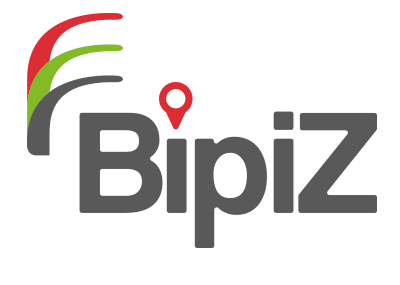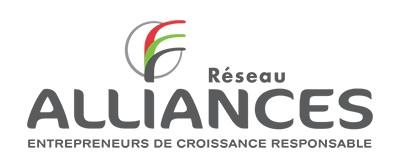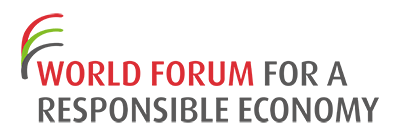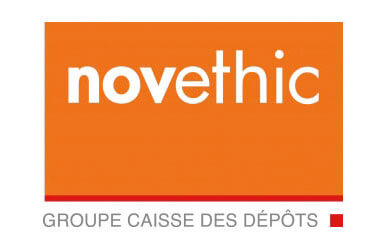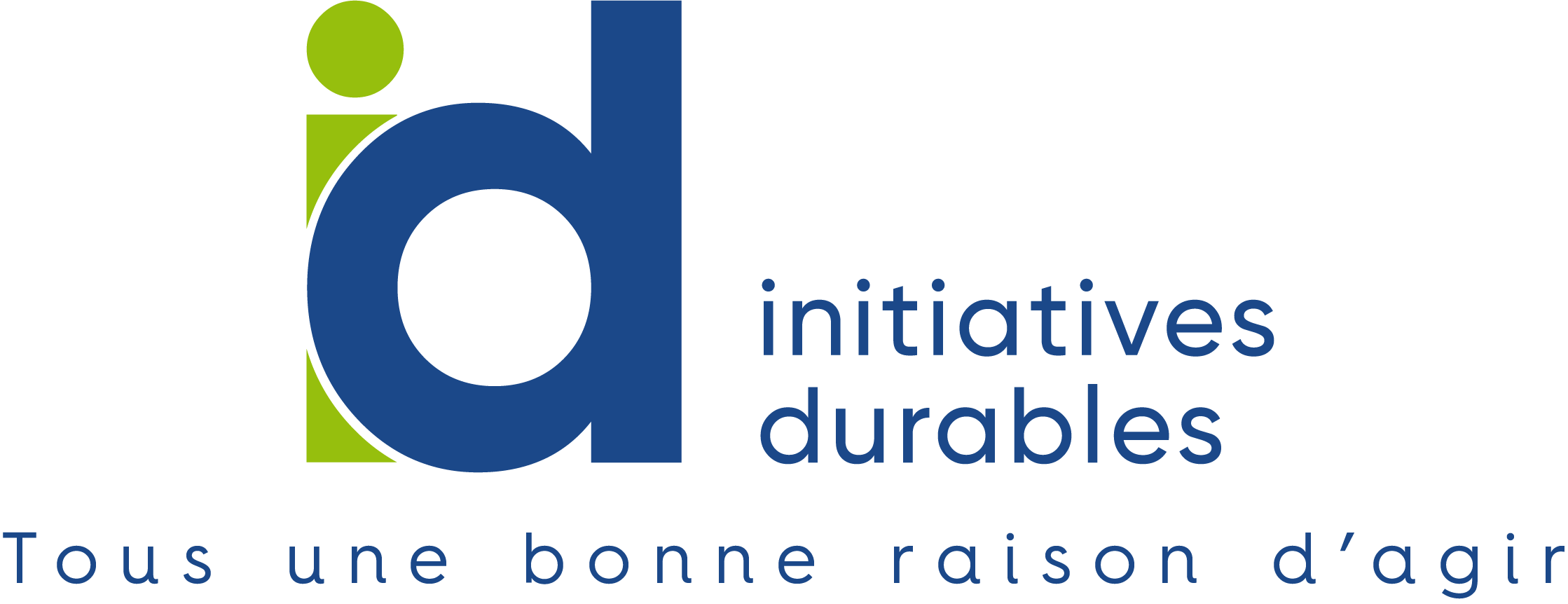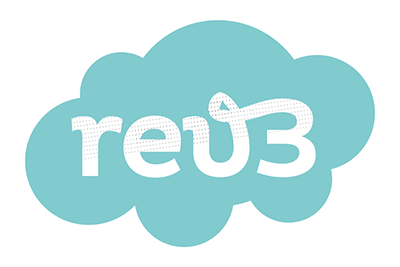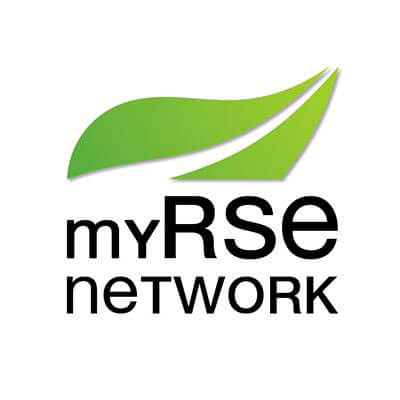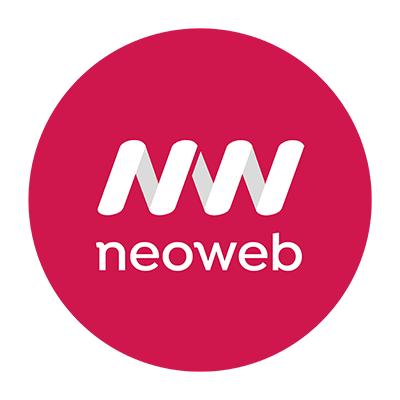SNCF seeks to generalize environmental management (EMS)
1. Organizational Governance
Strategy and organization
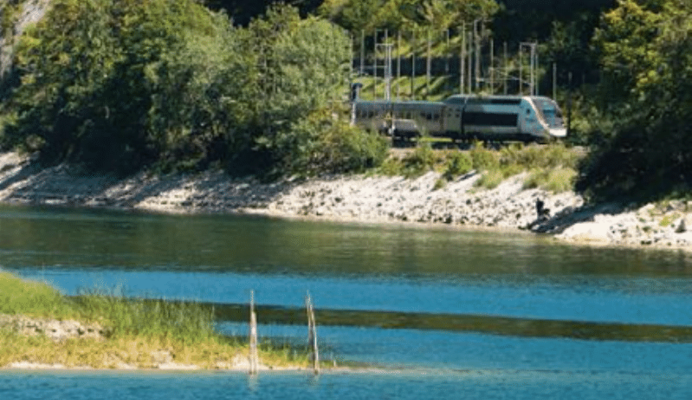
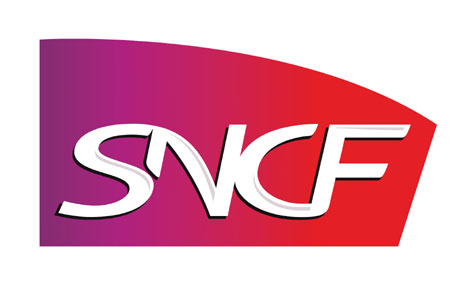
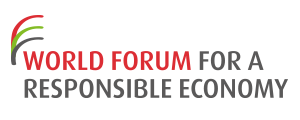
Context
Objectives
- The objective here is to promote ISO 14001 as the reference standard throughout the company and to generalize EMS by 2015 to all SNCF facilities, ensuring that each one is equipped with its own environmental management system.
APPROACH
This pivotal role assigned to environmental management is exhibited, first and foremost, by fast-tracking the ISO 14001 certification procedure, which during 2014 was extended to Infrastructure's industrial units as well as all major rail stations. For more minor entities, the EMS implementation step is ongoing, in applying the main requirements of the ISO 14001 Standard.
An online CSR awareness / education module was tested in 2013 for deployment at the beginning of 2014. Targeting all employees, this module seeks to establish a common vision for the Sustainable Development challenges ahead as well as for the definition of CSR.
The EFFIA Synergies subsidiary offers training in specific fields like: industrial environmental bases, waste handling, EMS, environmental audits (according to the ISO 14001 Standard), Classified Facilities for Environmental Protection (ICPE), in-house computing tools dedicated to the environment, IMPACT and OASYS, and environmental law.
SNCF's main requirements consist of: a committed management team, a known set of top-priority environmental goals, a structured compliance assessment process, a professional monitoring system, and performance controls and evaluation.
A Best Practice initially identified in 2012 by The World Forum for a Responsible Economy and updated in 2014.
CONTRIBUTION TO COMPANY PERFORMANCE
- Measurable and standardized environmental performance
- Improved energy performance
- Monitoring of energy consumption and greenhouse gas emissions
- Drop in CO2 emissions
- Reductions in other environmental impacts
- Risk mitigation.
Benefits
- Entities fully aware of priorities in terms of the environment and sustainable development
- All industrial units now hold the ISO 14001 certification.
- 36% of Group units feature an ISO 14001-certified EMS or else an adapted EMS.
- For 2013 as a whole, nearly 450 employees with the Épic entity attended the 70 sessions.
- Workforce
- 260 000 (2017)
- Turnover
- 33.5 milliards d’euros (2017)
- Country
- France
Contact
Florence Cousin, Chargée de Communication Développement Durable, This email address is being protected from spambots. You need JavaScript enabled to view it.
